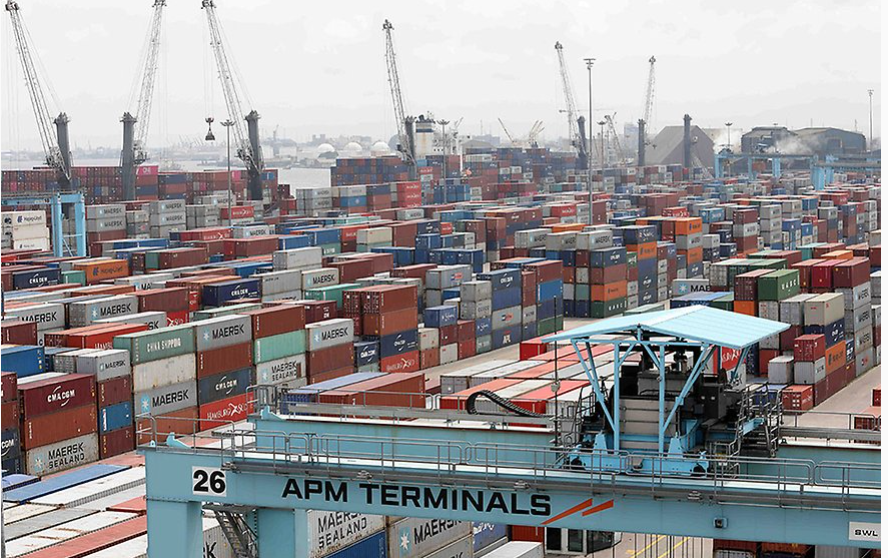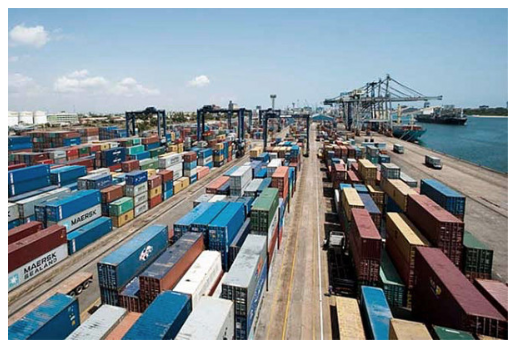 Africa’s economic growth is closely tied to its ability to foster collaboration between nations. In recent years, regional trade agreements have emerged as powerful tools for driving this growth, breaking down barriers to trade and investment across the continent. The African Continental Free Trade Area (AfCFTA), which officially commenced in 2021, is the most ambitious of these initiatives, aiming to create a single market for goods and services for over 1.4 billion people. As African countries work together to implement the AfCFTA and other regional trade agreements, the continent is poised for a new era of economic integration that will boost trade, create jobs, and attract investment.
Africa’s economic growth is closely tied to its ability to foster collaboration between nations. In recent years, regional trade agreements have emerged as powerful tools for driving this growth, breaking down barriers to trade and investment across the continent. The African Continental Free Trade Area (AfCFTA), which officially commenced in 2021, is the most ambitious of these initiatives, aiming to create a single market for goods and services for over 1.4 billion people. As African countries work together to implement the AfCFTA and other regional trade agreements, the continent is poised for a new era of economic integration that will boost trade, create jobs, and attract investment.
The AfCFTA is the largest free trade area in the world by the number of participating countries, covering a market of over $3 trillion in GDP. It aims to eliminate tariffs on 90% of goods, reduce non-tariff barriers, and foster the free movement of people and capital. For African businesses, this agreement represents a significant opportunity to expand their markets beyond national borders, accessing consumers across the entire continent.
One of the major benefits of the AfCFTA is the potential to boost intra-African trade. Currently, trade between African countries accounts for only about 17% of total trade, compared to nearly 60% in Europe and 40% in Asia. By lowering tariffs and simplifying trade regulations, the AfCFTA is expected to significantly increase intra-African trade, particularly in key sectors such as manufacturing, agriculture, and services.
Small and medium-sized enterprises (SMEs), which make up a large portion of Africa’s private sector, stand to benefit the most from the AfCFTA. With the ability to access new markets, African businesses will have the opportunity to scale up, increase production, and become more competitive on the global stage. However, the success of the AfCFTA will depend on the ability of African governments to implement its provisions effectively. Infrastructure, regulatory harmonization, and the removal of non-tariff barriers will be key to ensuring that businesses can take full advantage of the free trade area.
Beyond the AfCFTA , regional economic communities (RECs) such as the East African Community (EAC), the Economic Community of West African States (ECOWAS), and the Southern African Development Community (SADC) have been instrumental in promoting trade and economic cooperation. These regional blocs have facilitated the movement of goods, services, and labor across borders, providing a foundation for the AfCFTA.
 However, infrastructure remains a significant barrier to the success of regional trade agreements. Poor roads, inefficient border crossings, and inadequate rail and port facilities make it difficult for businesses to transport goods across borders. According to the African Development Bank (AfDB), Africa needs to invest about $130 billion to $170 billion annually in infrastructure to meet its development goals.
However, infrastructure remains a significant barrier to the success of regional trade agreements. Poor roads, inefficient border crossings, and inadequate rail and port facilities make it difficult for businesses to transport goods across borders. According to the African Development Bank (AfDB), Africa needs to invest about $130 billion to $170 billion annually in infrastructure to meet its development goals.
Investment in infrastructure, particularly in transport and logistics, is crucial for the success of the AfCFTA and other regional trade agreements. Improving transportation networks will reduce the cost of doing business and increase the competitiveness of African products on both the continental and global markets.
To maximize the benefits of regional trade agreements, Africa must also focus on industrialization. Currently, much of the continent’s trade is centered around raw materials and commodities, which are vulnerable to price fluctuations and offer limited opportunities for value addition. By investing in industrialization, African countries can diversify their economies, create jobs, and move up the value chain.
Industrialization will also attract more foreign direct investment (FDI), which is essential for building factories, improving technology, and expanding production capacity. The AfCFTA, by creating a larger and more attractive market, is expected to draw significant FDI into sectors such as manufacturing, agriculture, and services.
In addition to industrialization, African governments must work to create a business-friendly environment by simplifying regulations, improving access to finance, and ensuring political stability. This will enable African businesses to thrive in a competitive global economy, attracting both domestic and international investment.
The implementation of regional trade agreements like the AfCFTA marks a turning point for Africa’s economic future. By fostering greater collaboration between nations, reducing barriers to trade, and promoting industrialization, Africa is positioning itself as a global economic powerhouse. While challenges remain, including infrastructure deficits and regulatory hurdles, the potential for economic growth and development is immense.
For African businesses, the AfCFTA offers unprecedented opportunities to expand their operations and reach new markets. With the right policies and investments, regional trade agreements will unlock Africa’s full economic potential, driving prosperity and improving the quality of life for millions across the continent.
Ennywealth


